Sooner or later, things start falling apart. Buildings, industries, systems, entire ways of thinking—everything. Thanks, entropy! At times, the breakdown might be subtle. It might be slow. It might not be noticeable to everyone at first.
However, there are those with keen eyes and sharp minds who sense the impending doom and maybe even take steps to avoid catastrophe.
Inspired by u/_Fossy_, some of the members of r/AskReddit spilled the tea about all the things that are dangerously close to total collapse that they know of, from infrastructure and education to the middle class and beyond. Check out their insights below, and be sure to add your own thoughts in the comments.

#1
The true American middle class.
You are either upper middle class or working poor. The middle class has eroded steadily for at least 30 years.
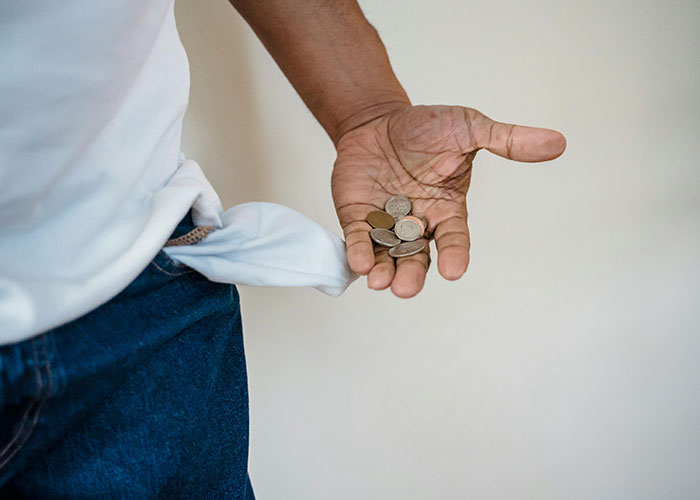
Image credits: w4559
#2
The Ogallala Aquifer. You know how Kansas and Nebraska are known for essentially being endless fields of wheat and corn? Well they do that by drilling wells to one of the world’s largest aquifers deep under the Midwest. There isn’t enough consistent rain fall in those areas for all those crops, so well water makes up the difference. But, we’re draining it and it can’t be replenished. Once it’s drained, it’s Dust Bowl 2.0 and no more large scale farming in the Midwest.
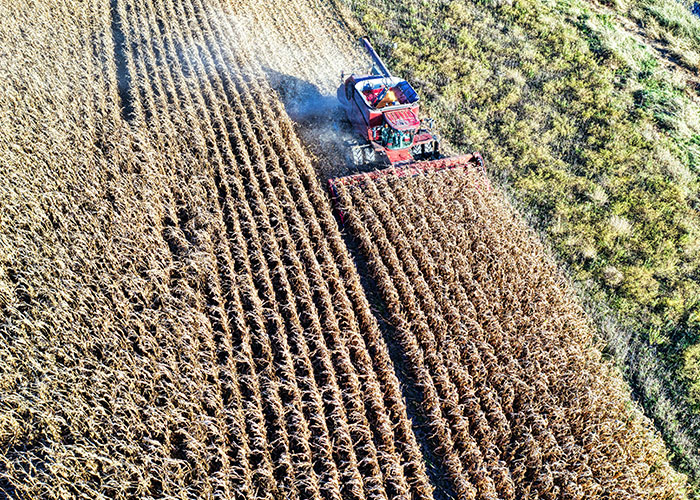
Image credits: Judge_Bredd3
#3
Antibiotic effectiveness.

Image credits: Crafty_Bad_6232
The secret to systems surviving and thriving in any setting is to consistently put in time, effort, and money to maintain them. That way, they’ll operate optimally and won’t collapse in the far-off future. To paraphrase comedian John Oliver: infrastructure might not be sexy, but it’s vital.
According to one US Senate proposal, there is a massive gap between the money that’s spent on infrastructural maintenance and what’s needed for the sake of safety and proper functioning. The proposal notes that, based on the findings of the American Society of Civil Engineers [ASCE], the US would have to spend $3.6 trillion “just to bring our existing Infrastructure into a state of good repair by 2020.”
At the time, the Senate proposal noted that the infrastructure investment gap could be responsible for a loss of $4 trillion of gross domestic product and the loss of 2.5 million jobs. That’s a massive blow to any economy. And the situation may be getting even worse!
The American Society of Civil Engineers states that according to a recent analysis, the total infrastructure investment gap has gone from $2.1 trillion over 10 years to $2.59 trillion. The ASCE notes that the knock-on effects will be devastating. By 2039, it would result in the loss of $10 trillion in GDP, over 3 million jobs, and $2.24 trillion in exports over two decades.
#4
There’s a waste product of burning coal called fly ash. We use it in concrete. It makes the concrete better and cheaper. Nobody is building new coal power plants, and old ones are shutting down. It’s getting harder and harder to source the ash. If we have to source it from far away, like China, the transportation costs erase the cost saving. We can get the same concrete with just cement and added chemicals but it’s more expensive. In ten years we probably won’t be using it at all.
It’s a really minor thing that will have far reaching consequences. Architects and engineers will probably look at ways to reduce concrete in their buildings as the costs increase. It’s not likely to impact residential, but big downtown architecture is sure to be affected.
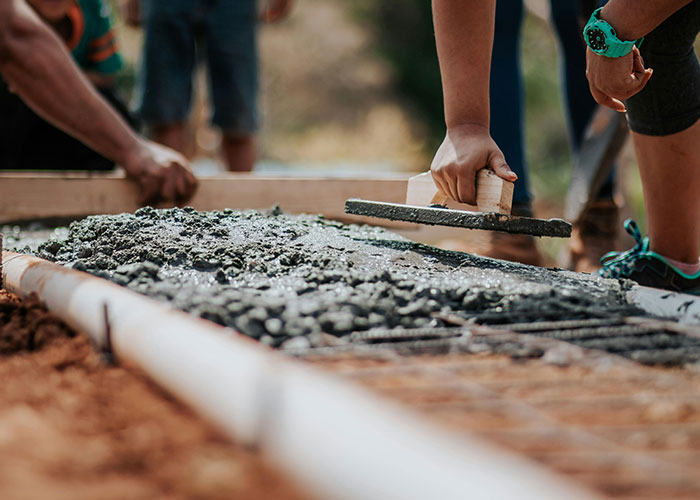
Image credits: -im-your-huckleberry
#5
Honestly, the education system feels like it’s barely holding on.

Image credits: nerdy99
#6
The Florida citrus industry — specifically oranges. There is a fungus that is spreading and infecting groves across the state. Unfortunately, we have no way to kill the fungus. The only solution is to cut down all citrus trees within a certain radius of an infected tree. Many farmers are choosing to sell their farm rather than try to start all over.

Image credits: halleberryhaircut
Poor infrastructure affects everyone. “When we fail to invest in our infrastructure, we pay the price. Poor roads and airports mean travel times increase. An aging electric grid and inadequate water distribution make utilities unreliable,” the ASCE says.
“Problems like these translate into higher costs for businesses to manufacture and distribute goods and provide services. These higher costs, in turn, get passed along to workers and families. By 2039, America’s overdue infrastructure bill will cost the average American household $3,300 a year, or $63 a week.”
#7
The young childcare industry. Increased regulation to make facilities safer (a very good thing!) had the unintended consequence of increasing costs for owners. You now need more teachers who have training and certification, not to mention the patience and stamina to work with young kids all day. The pay is comparable to fast food without the benefits. Owners have to find a way to pay teachers enough to retain them while keeping costs down so parents can afford to send their kids. It’s damn near impossible without an infusion of government investments.

Image credits: gpedp
#8
Bees.
We are losing bees at an alarming rate.
As far as important species go, they are top of the list. They are critical pollinators: they pollinate 70 of the around 100 crop species that feed 90% of the world. ~~Honey~~ bees are responsible for $30 billion a year in crops.
[Produce options with Bees](https://ift.tt/jzwNu1e)
[Produce options without Bees](https://ift.tt/S1k79Nd)
When the Bees are gone, we will shortly follow.

Image credits: DoctoreVodka
#9
The Rio Grande levees in El Paso's Upper Valley are old and need repair, and will fail in a major flood. The low lying suburbs in the Upper Valley were recently deemed to be in a FEMA flood plain.
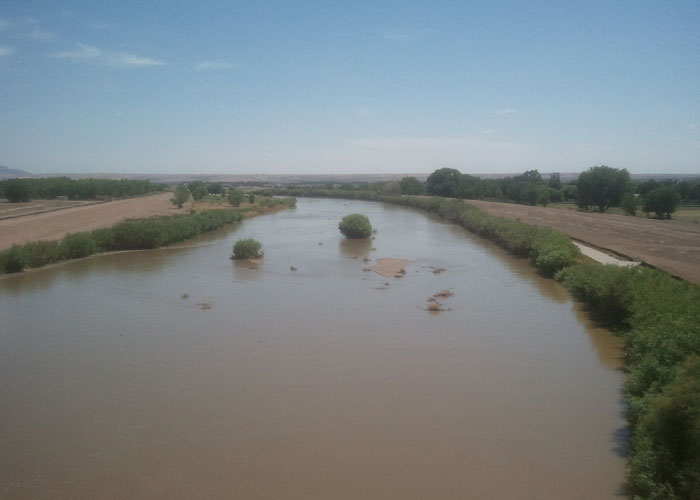
Image credits: oddlotz
Generally speaking, many people don’t give a damn about systems until they start breaking down and affecting their lives in a negative way.
For example, many folks won’t start worrying about exercise and healthy food until they get a health scare. Nor does your average driver care much about road maintenance until they hit a series of potholes, nor your resident worry about plumbing until there’s a leak. Similarly, a hands-off manager might not notice the signs that their team is burning out until it’s too late.
#10
The Garisenda — one of two remaining 12th century towers in Bologna, Italy.
I saw them in April. It looks pretty ridiculous to be honest. They have the area blocked off by some shipping containers because that towers probably going to fall any day. It looks like there are some half-hearted restoration attempts happening but no idea what their plan is…
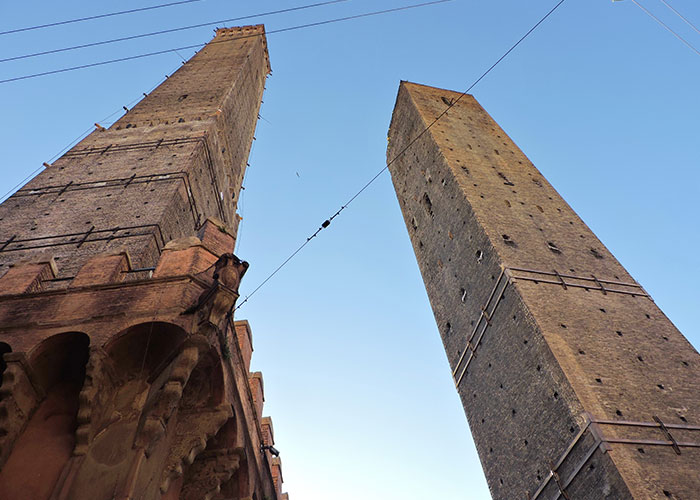
Image credits: doodle_rooster
#11
A month ago I was at my grandparents’ house. For an inheritance issue they called an architect. The first thing he told them is that they can no longer live in the house, because it is at risk of collapse. That night nobody slept.

Image credits: angel_withredeyes11
#12
The Colorado river as the main water supply for 3 states with major cities.
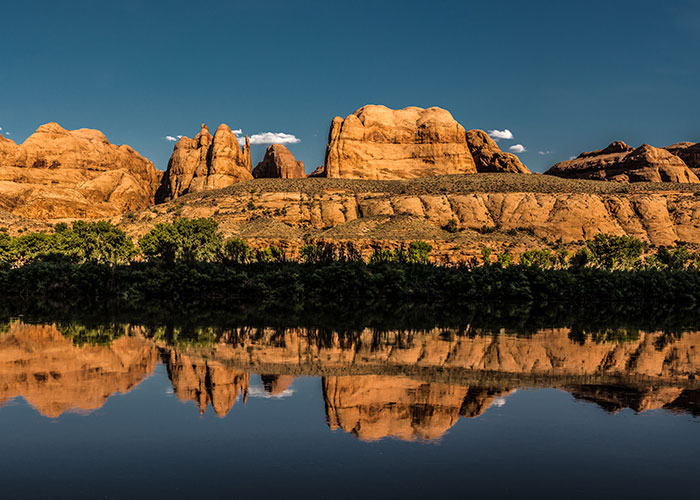
Image credits: ImprovementFar5054
It’s always best to imagine the possible negative consequences that might arise if you do nothing in terms of maintenance, and then strive to consistently put in the effort to avoid the worst-case scenarios. This strategy might not be perfect, but it’s down-to-earth and very grounded. Incremental maintenance is incredibly powerful. And it sure beats panicked rushing about when things start to fall apart before your eyes.
What infrastructure projects, industries, and systems have you personally seen collapsing in your local areas, dear Pandas? Is anything being done about it? How would the collapse affect you personally? Let us know in the comments.
#13
Publicly traded companies constantly being like “we did good not great. More money next quarter. Oh that’s good not great. Even more money next quarter” in the 4 years ive been with my company, my production quota has tripled and it’s unsustainable. Every quarter has to make more money than the last otherwise it’s failing. This is almost every single publicly traded company. Corners being cut, profits maximised, employees compromised. It’s endlessly happening

Image credits: 16RabidCats
#14
Well, top soil is getting super depleted. What used to be yards deep fertile soil is down to inches. Washed or blown away due to agriculture and irrigation.
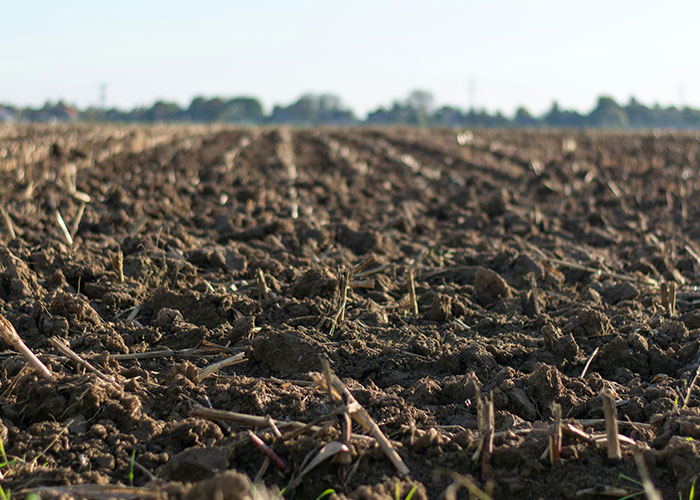
Image credits: Squigglepig52
#15
Literally all infrastructure in North America. The majority of underground infrastructure (pipes, water lines, sewer systems) has been completely ignored in terms of maintenance, and has been TOTALLY ignored in terms of budgeting replacing the assets.
There are towns that have coming bills of 10s-100s of millions (not even mentioning larger cities) that have saved approximately 0% of the required amount by constantly pushing out the life time estimation of the assets.
lots and lots of bills are coming due shortly if the engineering estimates are accurate and very few towns have saved anything for this scenario.
We’re basically living in a world where no one wants to be the person to say that we need to save money for long term planning, and instead everyone hopes things don’t fail while they are leading and they can pass the buck.
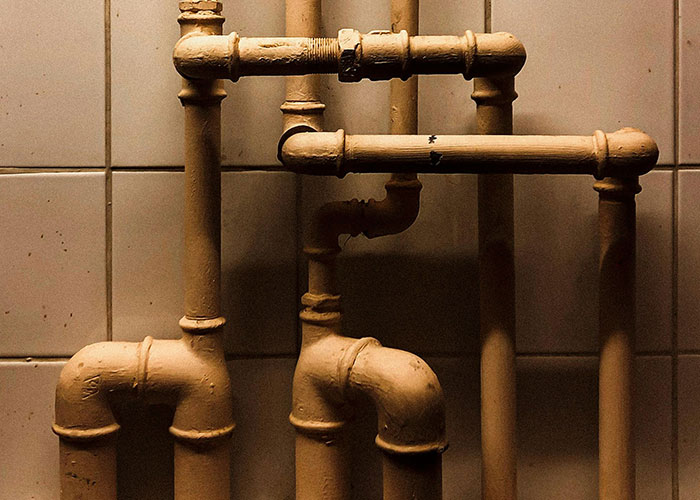
Image credits: spinmove
#16
I don’t know, but every time I go to a drugstore it feels like we lost a war

Image credits: Tryingtodosomethingg
#17
Without human intervention, your local energy grid is only about 6 to 24 hours away from complete collapse, depending on how greedy the utility company is in terms of automatic backups. The electricity grid will likely fail first and within hours. Other energy sources like city heat or natural gas will take longer because those rely less on active human inputs.
You remember in The Last of US TV show how Nick Offerman is in a Home Depot, the power goes out, and he remarks “that was fast”? That bit was much more accurate than anyone not involved in utilities would ever care to know about.
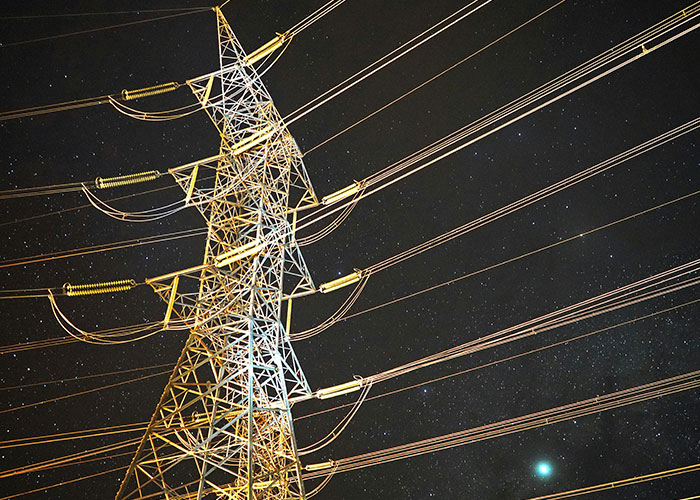
Image credits: ConstableBlimeyChips
#18
Lots of things according to r/collapse
Personally I live in a city called Lowell MA and there’s the Rourke Bridge built 40 years ago that was meant to be temporary. Honestly it reminds me of those horrible scary bridges you’ve seen over rivers in Siberia or some other place in central Asia. It’s loud and bumpy and you can feel the whole thing sway because it gets 25,000 cars crossing it EVERY DAY.
Not only that… you can actually walk under it since there’s a river walk pathway it connects to, and you can see rusted sections just rotting away. About 6 months ago a truck crossed it and a panel on the surface somehow see-sawed up into the gas tank. The truck made it across but not before losing probably 80 to 100 gallons of diesel onto the bridge and into the river below. The river had a marshy / swampy area near the bridge and you could see the fuel slick eddying and collecting into that area. I can’t imagine much survived underneath. I’m sure a lot of fish eggs and small aquatic animals died down there.
The city, state and feds have known this bridge needs replacing for decades and they know about the rust and rot, but they continue to say that it will last for now. Don’t they always say that though?
There is a plan to make a new one next to it… but it won’t be done until 2028… which we all know means it’ll probably drag on into 2029, 2030, etc.
I honestly don’t think it will last that long.
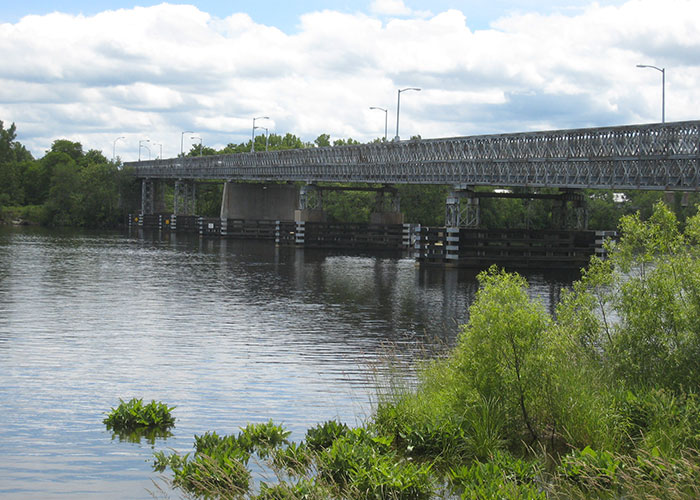
Image credits: Engelgrafik
#19
The food chain. I’m still amazed no one is talking about the fact that insect biomass has declined by ∼47% and abundance declined by ∼61.5% over the last 35 years. In some areas it’s measured 75% decline in a single generation.
This “insect apocalypse” is…very bad. Don’t just take my word for it:
> Indeed, most biologists agree that the world has entered its sixth mass extinction event, the first since the end of the Cretaceous Period 66 million y ago, when more than 80% of all species, including the nonavian dinosaurs, perished.
https://ift.tt/mu8O36A

Image credits: MantisAwakening
#20
From what I understand the internet as we know. I don’t know the ins and outs but a lot critial internet infrastructure is open source and being maintained by volunteers.
I’ve seen [this picture](https://ift.tt/Oh6pM58) quite a few times. Anyone with more knowledge about it please elaborate
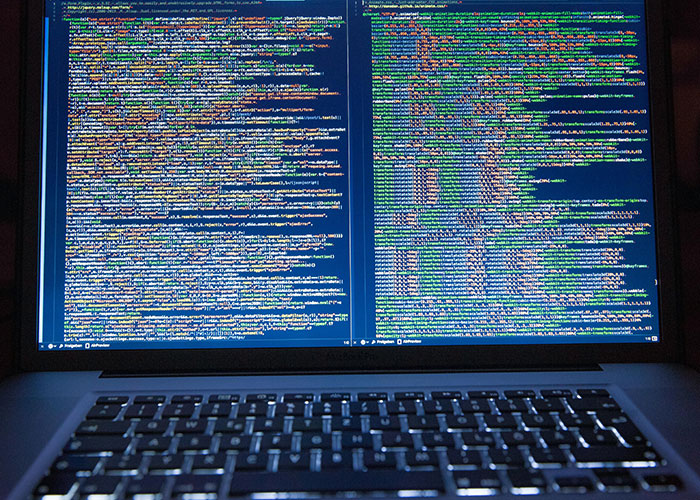
Image credits: degobrah
#21
Factual information on the Internet. There’s a churn of AI created content that’s being taken as fact, and used as the basis for new articles and content. Sifting through information to validate it is already too much effort for many and will only become more difficult.

Image credits: allbrightwes
#22
Internet security. Both keeping our information safe & keeping the internet lights on. Some predict that a 24 hour worldwide shutdown could be cataclysmic & this whole system is being held up by toothpicks.

Image credits: eju2000
#23
IT knowledge. There are several factors at work here.
* Colleges are mostly a few years behind trends, if not more. So a lot of recent grads are way behind from the gate. Most colleges are now just shills for business licenses called “degrees,” You need this “license” to be “allowed” to have a entry job, and they know it, and charge whatever the market can bear. Pearson Vue has seized a huge amount of this space, which just adds to the cost, and tries to enforce certification tracks with government contract specs and all sorts of inroads.
* The “cash cow” of graduating college with 6 figure jobs waiting for them is mostly gone. The junior roles have been outsourced overseas, and have been replaced with people with multiple hats. There are very few “middle roles,” so the track of going from junior to senior has a HUGE gap that keeps getting wider.
* The senior roles are starting to age out: many went into management, and some are retiring. Knowledge and experience is getting lost.
* Companies reliant on technology to surve are cutting technology costs as a “cost center” because of the pressure of rising capitalism always producing value year to year. Thus, they send more jobs overseas, and senior roles become too costly to maintain.
* We are incurring a lot of “debt” in aging infrastructure, and IT is no different. There are systems operating high-cost operations in factories, transportation, and utilities that haven’t been upgraded in decades, and some of the people who knew how it all worked are dying off.
Eventually, there won’t be enough senior roles to teacher younger people anything, and there will be a cascading series of knowledge gaps in current infrastructure, leading to huge failures. People say that “kids today know computers” but they really don’t: most only know GUI and how to operate an iPad, not what makes the iPad work under the hood or how the Internet works.

Image credits: punkwalrus
#24
Chrysler/Dodge. Many dealers can’t get rid of all their 2023 models from last year still sitting on the lot.
Time to ressurect the K-car. It saved them in the 80s, and it can do it again!

Image credits: miserable-now
#25
The education system. We have maybe 10 more years before a whole section of teachers retires, and then we’re absolutely screwed. 50% of teachers quit within the first 5 years, and that statistic is much higher for SPED teachers. We aren’t going to have anyone to work in the schools. Get ready for your kids to be “taught” by an online program with a person who babysits 50 kids at one time and has no training. It’s going to get bad fast, even faster in bad union states. And if you have a kid with a lot of support needs? Truly I don’t know what they’ll do. I work with that population and we currently are missing two teachers and 3 others are on emergency permits. It’s a huge problem and keeps getting worse because the pay is so bad that no one wants to work with these students. I went to the hospital on Friday from a bite from a student (truly a manifestation of his disability) who desperately needs a 2:1 but the district is making it impossible. I barely get to teach cause I’m putting out fires all day.

Image credits: ipsofactoshithead
#26
A lot of subscription services, not just like streaming services im talking about the big corporate software subscriptions, I work in tech and there’s a very real panic going on at a lot of these companies because they built their entire network and service at a loss, funneled hundreds of thousands of investor dollars into a product with the idea that they would raise the price after and make it all back after getting a foot hold,
but here’s the thing, the cost of running a live service program is MUCH higher then just selling a license and letting people install the program and use it locally, you need servers, you need virtual machines, not to mention the personhours difference between occasional software updates of regular software and a live service, so not only do they have to pay back that loss leading, they also need to make enough to keep up with running the service
they get in and they spread as FAR as they can, they reach every possible customer, they do what they planned on and jack the price now that they have dedicated users, but it’s not enough, there just aren’t enough customers to ever actually make the money needed to pay back their loans and run the company, either your product is too niche, or there’s too much competition, or in some cases you are literally selling to every potential customer, and it’s still not enough to pay back your loss leads, and by the time they realize this they can try raising prices, but at this point some other company is going to be in the “lose money get customers” phase doing the same thing you are, and if you raise the price AGAIN this quickly you’re gonna breech the trust thermocline, and the customers you do have are going to jump ship and you’ll make even less money.
Alot of companies jumped on the “Software as a service” train that was so successful for microsoft and adobe, but the thing is, they already had a s**t tonne of money to throw at projects, they could loss lead and just eat the losses, smaller companies don’t have that luxury, but they made it seem so lucrative and easy that thousands of companies are slowly hemorrhaging themselves to death trying to replicate it

Image credits: theflamelord
#27
I feel like the US Postal Service has less than 20 years left. Our city delivers all the Amazon packages, but they’re building their own facility and within a year or two might be delivering all their own parcels. I feel like without the Amazon we’ll have about 30% more carriers than we need. Factor in first class mail being just a fraction of the overall mail, the death of newspapers and magazines, online bill paying, email, free long distance calling with cell phones, and the extremely low rate charged for shipping standard mail. I personally no longer buy presents and pay $20 – $40 for shipping when I can just order off Amazon and have them shipped directly for free. I don’t see as many people waiting in the lobby. There’s just no aspect that suggests a future.
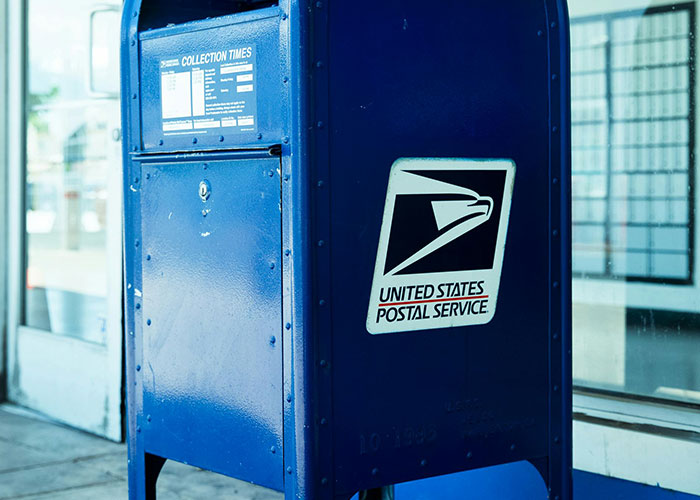
Image credits: PostalMike
#28
The Colorado River’s water levels are dropping consistently and dropping fast. The Hoover Dam eventually won’t be able to make electricity. There’s so much that relies on the Colorado and eventually it’s all going to fall apart. So much farming, several major cities, tens of millions of people. They’re either going to have to relocate or start importing water from elsewhere. On top of that, 53% of aquifers in the US are losing water.
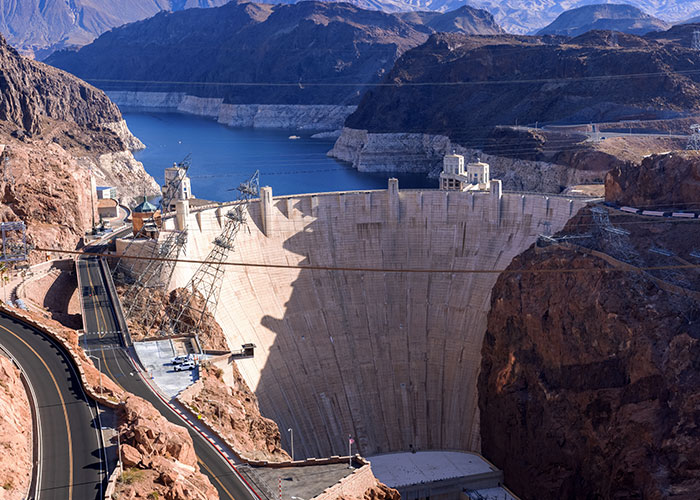
Image credits: SatelliteArray
#29
The tower of laundry I’ve been avoiding for weeks

Image credits: FlorallFairy
#30
Health care in the U.S.
I’m not talking about paying for health care in the U.S. I think that’s fixable. (You can cut the costs by 30% by making it all covered by Medicare For All.)
I’m talking about actually having enough physicians, nurse practitioners, and physicians assistants to treat everyone.
Burnout has gotten a lot worse in the U.S. Almost every physician I know is talking about retiring within five years or at least cutting back dramatically.
The big problems:
1. Not enough medical schools / residency programs to train physicians. My hospital is in need of just about all specialties. Pre-Med programs remain as a weed-out for medical schools, which just means we need more medical schools. We make up for the lack of them by importing physicians from other countries. We need more medical schools and weed out a lot less potential graduates. PreMed undergraduate courses include Calculus, Biology, Chemistry, Biochemistry, Organic Chemistry. I’m not saying any of them need to be removed. Just make enough medical schools that the medical schools will take B’s in these courses than require almost perfect GPAs for admissions. I can guarantee that almost no physician uses any of these courses in their day to day practice of medicine. If they did, it would be required in their continuing medical education, which it is not.
2. Too much paperwork. Too much hoops we have to go through on a regular basis. Not just the hundred+ hours of continuing education, the quarterly tests to keep our board certifications up to date, the every two year Basic Life Support / Extended Life Support classes we have to take, Now there is mandatory education for opiod abuse, child welfare, and God only knows what else. Also every two year licensing by your state medical board, DEA certification, etc.
3. Too much competition in an area (!), forcing physicians to compete with each other and therefore burning us out faster. It also means more duplication of effort in an area.
4. Most physicians now work for health networks / big business, which means less leniency when we need something. ie: need to take a day off? You need to put it in the calendar 3 months in advance. You want to buy a stethoscope? It counts as part of your tech purchase for the year. Yes, a stethoscope (not an electric one) is considered tech, just like a phone or computer.
5. Patients have gotten a heck of a lot more demanding, and aggressively so. Everyone Googles up their problems and thinks they have the most rare BS disease. No one wants to listen to their physicians advise and just give time to see if things get better on their own. And if the physician doesn’t say exactly what the patient wants to here, the patient screams it from every website and review place so everyone else thinks the physician is an idiot. You don’t like what I say? Please go elsewhere. I don’t have time for your BS and the fact that you think you are the 1 in 10,000,000 20-year-olds who actually has a congenital cause of heart attack at your age.
BTW: I see #5 on Reddit almost every day. I sometimes comment about it and get downvoted to oblivion. Now I just sigh and move onwards. I won’t convince people that unnecessary testing is (almost certainly) not going to make them better and more than likely cause more anxiety when a result comes back not exactly what they expected.
P.S. Sorry for the rant. Just a burnt out physician taking a couple minutes off before getting back to work on a Sunday morning. Cut me a break. I’ve been working 14 days in a row now. Most weeks not this bad, fortunately.

Image credits: lobsterman2112
#31
The relationship I have with my girlfriend is nearing the end.
#32
Housing prices along the coast in Florida. Most of the state is barely three feet above sea level and flooding is getting worse and worse every year. In fifty years, sea level is going to be much more inland than it is now and no amount of “beach restoration” is going to help it.
#33
The UK criminal justice system Edit: For any non Brits passing through. The new gvt has had to announce it’s releasing prisoners early because it’s got no space for incoming suspects on remand and new convicts. The last gvt shut like half the courts, the remaining ones are falling apart and understaffed. There aren’t enough judges so there’s a two year backlog of serious cases. The junior end of the profession are so poorly paid they’ve been on strike repeatedly. And let’s not forget the police have basically stopped investigating shoplifting and other smaller crimes. This after 14 years of the “law and order” party being in power. Thank goodness the former chief prosecutor is now prime minister so maybe there’s a hope of fixing it.
#34
Most of software is held together just by duct tape
#35
This post, not surprisingly, predicts the following accidents
#36
The Amazon
To some degree it generates its own weather patterns with the vast amounts of water evaporated into the atmosphere from leaves. Deforestation is putting it close to a tipping point where it can no longer maintain those patterns. Once reached, the feedback loop is likely irreversible.
Random Safety Tip: First dates (with someone you don’t already know and trust) should always be someplace public with cameras like a coffee shop. Trust your gut if something feels off.
#37
Most municipal water supplies in the US, especially in Florida and New Orleans. I work in the industry. It’s terrible.
#38
My mental health
#39
Abundant water and food. I think things will hold up ok through most of our lives, but shits going to get grim in the next couple generations.
#40
Human migration patterns will put a massive strain on various countries around the globe as the environment changes
#41
General common courtesy and civilized behavior.
#42
A construction worker told me that he warned the city about a sinkhole forming underneath a road, and they ignored him. So I avoid that road.
#43
You will no longer ‘own’ the vehicle you ‘purchase’. I believe that electric vehicles are the way of the future, but manufacturers (of cars, trucks, tractors, boats,etc) have been restricting access to necessary diagnostic and repair information for a couple decades now… and it’s only going to get worse unless we fight for ‘right to repair’ legislation
#44
The NY Taxi Cab and Livery insurance system.
One sector dangerously close to collapse is the insurance market for New York City’s livery and ride-share services. Recent reports highlight a looming crisis in this sector due to significant financial losses suffered by major insurers.
[Bloomberg](https://ift.tt/kLJjFzp): The largest insurer for NYC’s taxis and ride-shares is facing severe financial strain, risking a potential meltdown. The insurer’s substantial losses are creating instability in the market, which could affect the availability and affordability of insurance for these services. This could lead to increased costs for drivers and potentially disrupt service availability in the city.
[Insurance Insider Report](https://ift.tt/AZ8fEK0): The second and third largest insurers in this market also reported massive losses, totaling $217 million and $8 million respectively in the second quarter. These losses further destabilize the market, highlighting the systemic risk and the potential for widespread impact on the livery and ride-share sectors.
The combination of these financial issues could lead to a severe contraction in insurance coverage, impacting thousands of drivers and potentially causing significant disruptions in urban transportation.
#45
The red supergiant star, Betelgeuse. It’s speculated to soon be going to or have already undergone a core collapse supernova but the light of the explosion hasn’t yet reached us. It will shine as bright as a full moon for a year when its light reaches Earth, casting its own shadows even. The radius of the supernova is just out of harm’s reach, but wild animals tend to use the moon to help them navigate at night, and scientists are concerned that wildlife all over the globe may confuse this supernova with the moon, potentially disrupting the ecosystem.
#46
The Los Angeles Court Reporter system, among many other county services like the Health Department. You can add several county IT systems to that list
Court reporters went home in 2020 and most of them just never came back. There is such demand for court reporters that they now start at $100k a year with signing bonuses. Except they still cant hire enough qualified people. The problem being that they were a very important part of the justice system in Los Angeles.
Many courts dont allow electronic recordings as accurate portrayals of court discussions. In some probate and misdemeanor courts they do, but all others need a court reporter. If a judge rules against you, a properly created court transcript is needed to appeal your decision. Those arent being given out in many cases any longer, and cases cant be delayed indefinitely. No transcript, no appeal. No appeal means serious constitutional violations.
#47
Rancho Palos Verdes. There is a state of emergency in the city right now, and there’s tons of landslides happening
#48
Large power station Transformers.
Let’s say if a few big ones go down unexpectedly, you can expect to wait 8-10 months for a new one.
#49
World peace, seriously we are on the brink of some heavy s**t coming our way and the stakes have never been higher (nukes, chem, bio weapons) just overall fuckery
#50
The US blood supply is still hard hit from COVID and the American Red Cross isn’t lying when they say we’re in an emergency platelet shortage so if you can donate platelets, please donate.
#51
My relationship with my bestfriend
#52
The AMOC: known to Americans as the Gulf Stream section of the current. The ocean is warming, and the whole system is starting to slow.
#53
The Australian housing market.
from Bored Panda https://ift.tt/cNG4EdA
via IFTTT source site : boredpanda